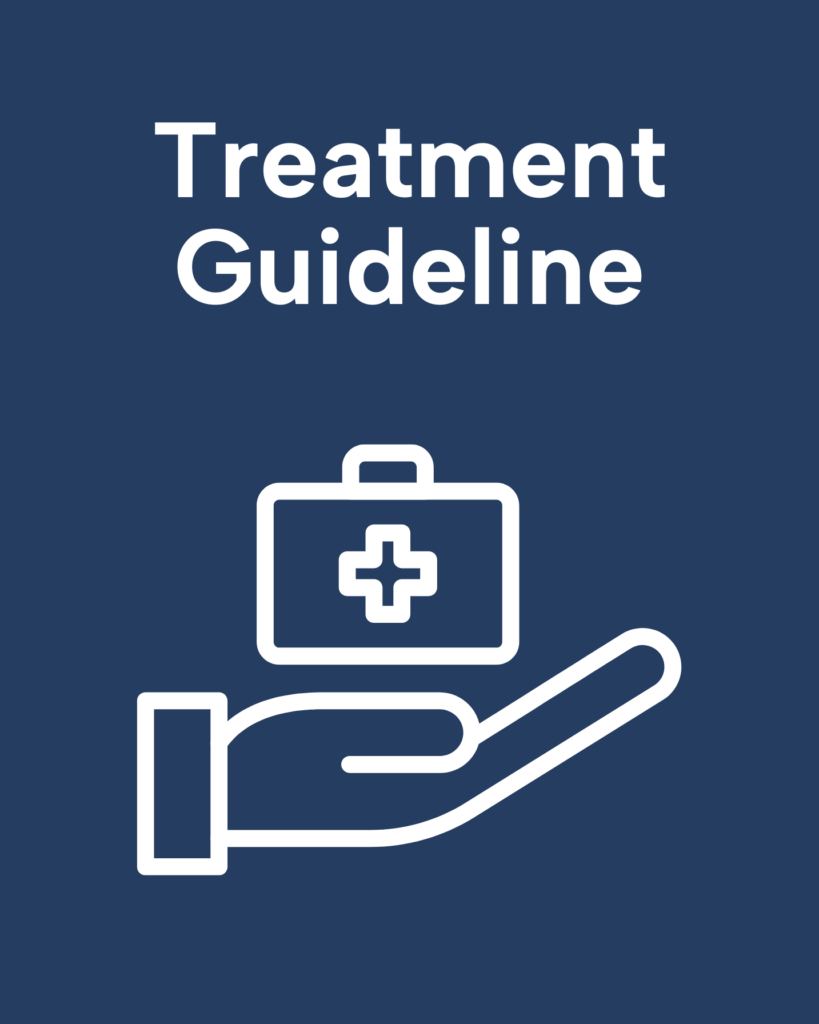APA clinical practice guideline for the treatment of posttraumatic stress disorder (PTSD) in adults
Guideline for the treatment of PTSD published by the American Psychological Association. Conditional recommendations include EMDR therapy as treatment in various contexts throughout the guidance.
Treatment Guideline Overview
“The 2025 guideline recommends interventions for the treatment of PTSD in adults. Recommendations are based on a systematic review of the scientific evidence, a weighing of the benefits and harms of interventions, consideration of what is known about patient values and preferences, and consideration of the applicability of the evidence across demographic groups and settings.
APA’s clinical practice guidelines are designed to help patients and their families, practitioners, policy makers, and administrators recommend and select treatments based on a systematic review of the scientific evidence to determine what treatments work best, on average, for a given disorder or problem.
The recommendations made in clinical practice guidelines are developed by synthesizing four types of information:
- A systematic review of evidence about efficacy of treatments, where the efficacy data primarily derive from randomized controlled trials (RCTs; and panels also have the option to include results of carefully-controlled observational studies).
- Data about risk of harms from treatments.
- Data about patient preferences and values regarding treatments.
- Data about applicability of treatments across populations (e.g., gender, ethnic, and age differences) and settings (e.g., inpatient, outpatient), etc. The systematic review of efficacy is typically the primary source of data because of the scope and depth of evidence the review provides and the methodological rigor used to evaluate the research. Also, there are usually fewer empirical studies available to provide the other types of information (e.g., limited studies of patient preferences).”
—Description from source
Treatment Guideline Access
Open Access
American Psychological Association. (2025). APA clinical practice guideline for the treatment of posttraumatic stress disorder (PTSD) in adults. Open access retrieval: https://www.apa.org/ptsd-guideline. PDF retrieval link: https://www.apa.org/about/policy/guideline-ptsd-in-adults.pdf
About the Source
“APA is the leading scientific and professional organization representing psychology in the United States, with more than 157,000 researchers, educators, clinicians, consultants, and students as its members.”
—Description from source
Date
February 1, 2025
Creator(s)
Lori A. Zoellner, Priscilla M. Schulz, Lucindra Campbell-Law
Contributor(s)
Daniel V. Foster, Bita Ghafoori, Carmen P. McLean, Elana Newman, Nnamdi Pole, Mark B. Powers, Barbara Robles-Ramamurthy, Anthony Sgherza, Murray B. Stein
Topics
PTSD
Practice & Methods
Efficacy
Extent
186 pages
Publisher
American Psychological Association
Rights
Copyright © 2025 by the American Psychological Association. This material may be reproduced and distributed without permission provided that acknowledgment is given to the American Psychological Association. This material may not be reprinted, translated, or distributed electronically without prior permission in writing from the publisher. For permission, contact APA, Rights and Permissions, 750 First Street, NE, Washington, DC 20002-4242.
APA Citation
American Psychological Association. (2025). APA clinical practice guideline for the treatment of posttraumatic stress disorder (PTSD) in adults. Open access retrieval: https://www.apa.org/ptsd-guideline. PDF retrieval link: https://www.apa.org/about/policy/guideline-ptsd-in-adults.pdf
Audience
EMDR Therapists, General/Public, Other Mental Health Professionals
Language
English
Content Type
Treatment Guideline
Access Type
External Resource, Open Access




